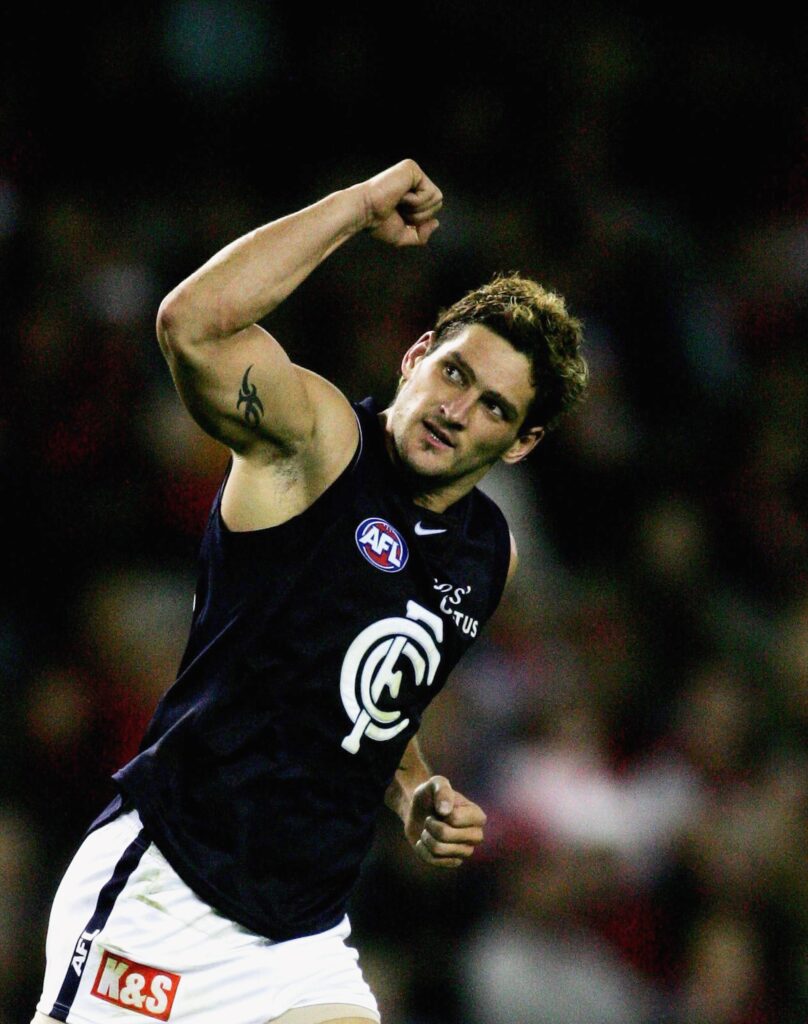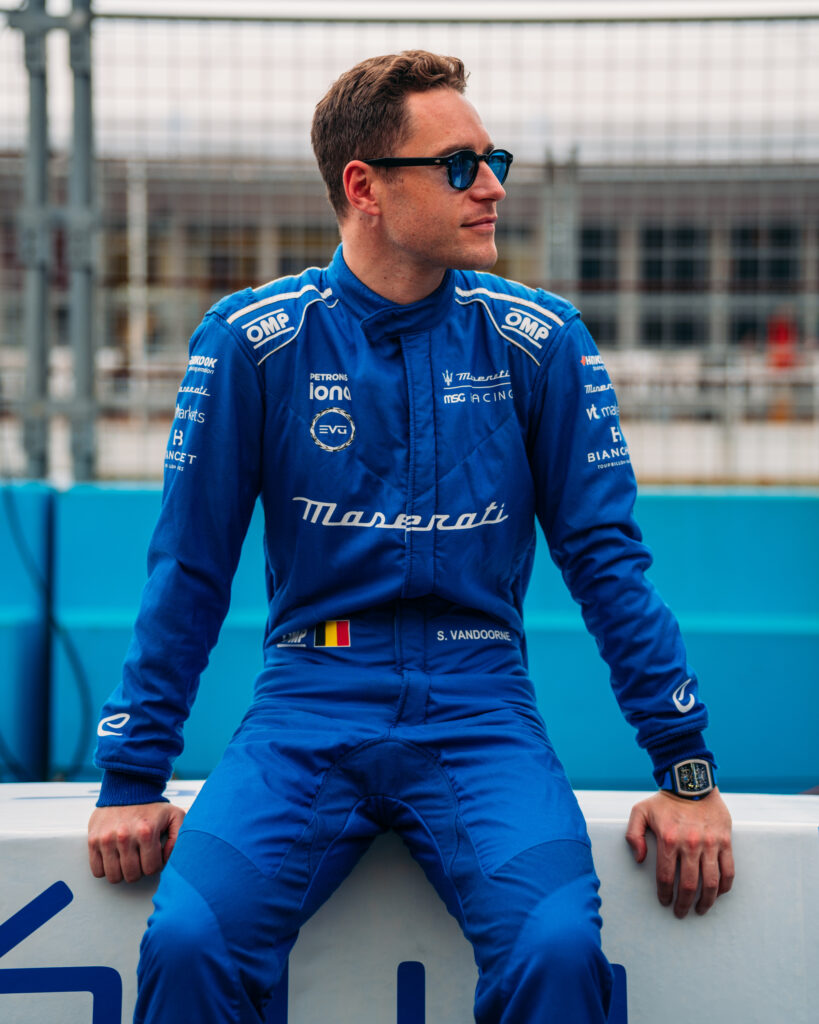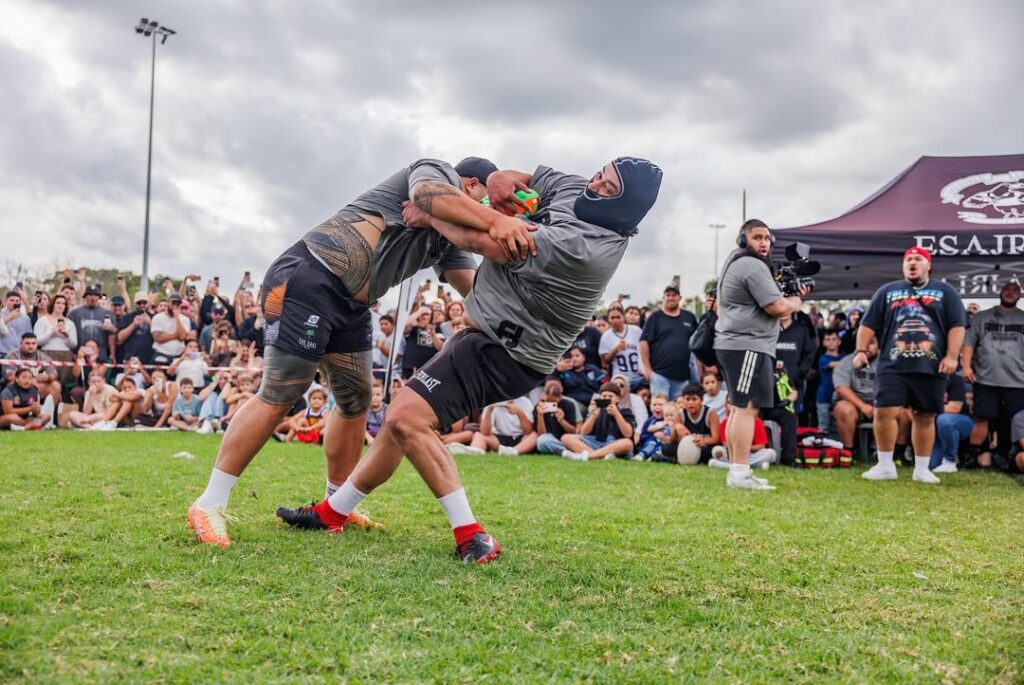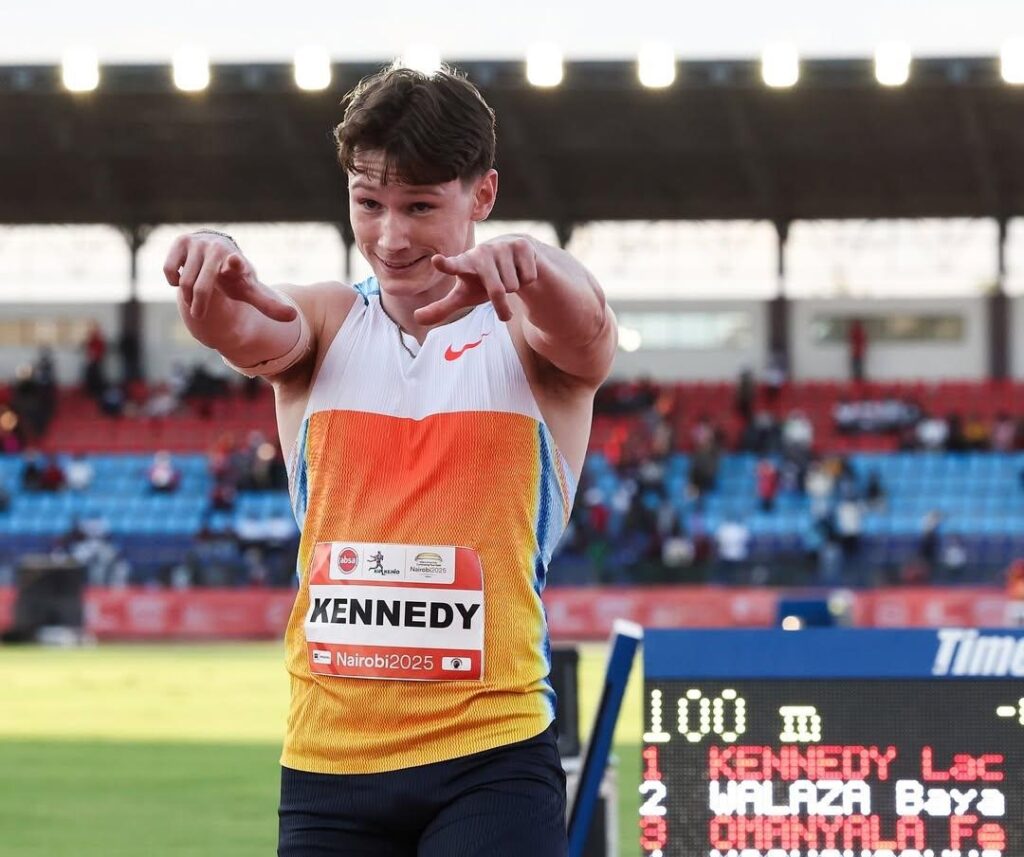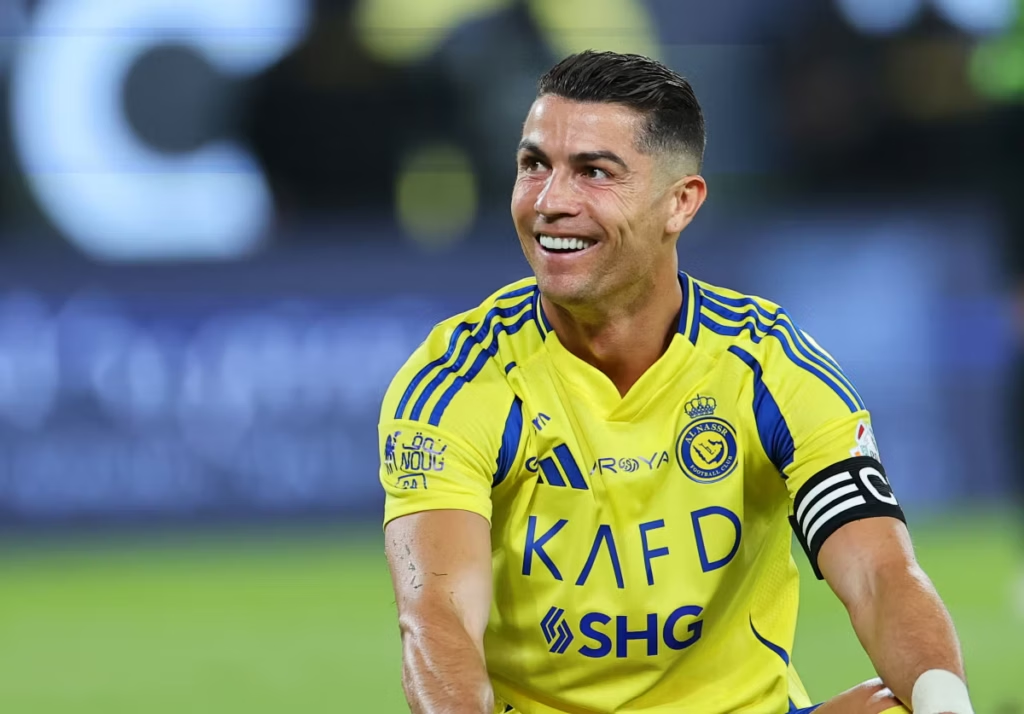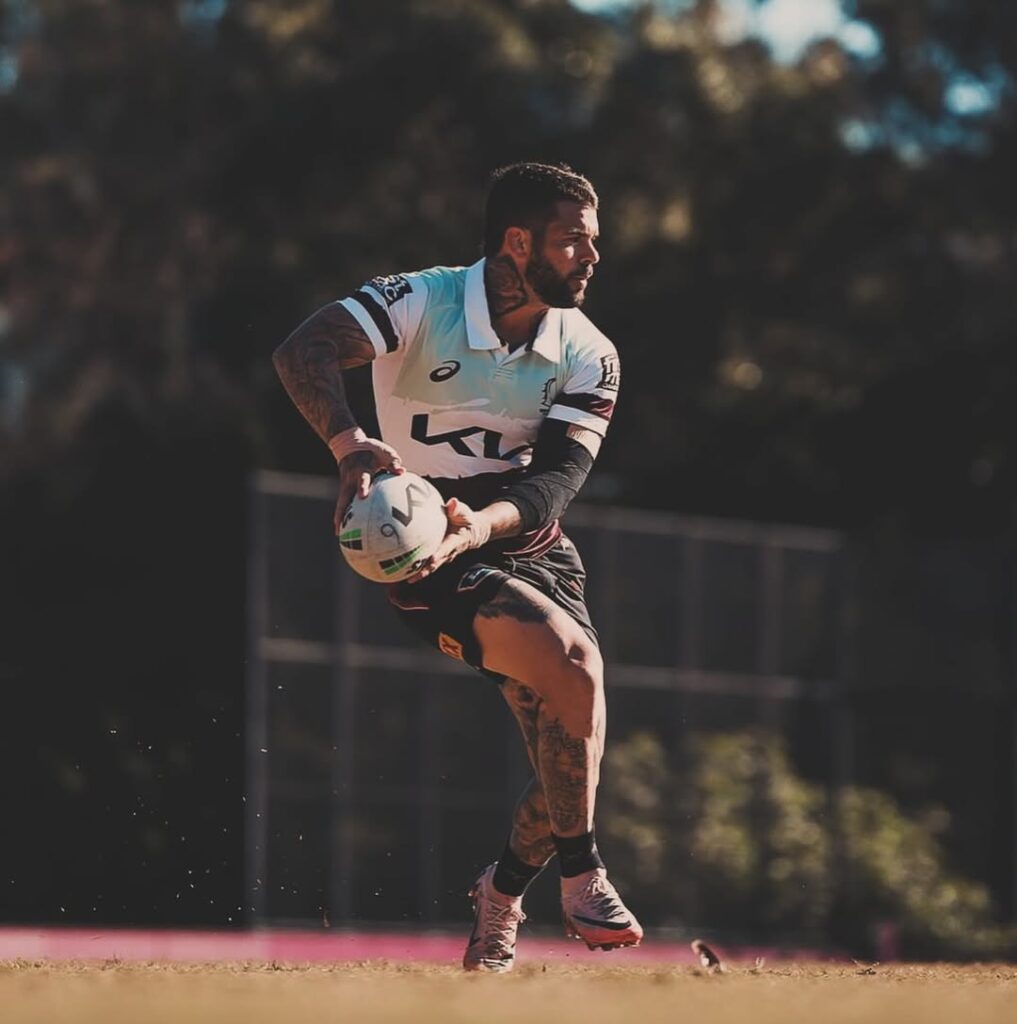The world watched in horror as Russia invaded Ukraine. In a matter of days, the destruction was widespread and of an unimaginable scale. Russian forces have since gathered outside Kyiv, despite being slowed considerably by fierce resistance from Ukrainian soldiers and civilian volunteers, all of them united in their desire to protect not only Ukraine, but the freedom that is democracy. But while calls for urgent assistance to help Ukraine defend themselves against Russia have continued to sound, the world’s leaders are instead choosing to deescalate the violence that Russian President Vladimir Putin seems so unfazed by. Sanctions against Russia have come in the form of finance and economy, industry and transport and now, even sporting codes.
Fifa and Uefa have united in their stance of support for Ukraine, suspending Russian teams from International football competition as the global game that is sport now closes its door on Russia. It comes after the International Olympic Committee also acted in support of Ukraine following days of growing protest. Under the new sanctions, Russia will no longer be able to face Poland in the World Cup play-off semi-final next month, while its women’s team will also be barred from this summer’s European Championship in England and the Europa League.
In a joint statement, the sporting organisations explained: “Fifa and Uefa have today decided together that all Russian teams, whether national representative teams or club teams, shall be suspended from participation in both Fifa and Uefa competitions until further notice. These decisions were adopted today by the Bureau of the Fifa Council and the Executive Committee of Uefa, respectively the highest decision-making bodies of both institutions on such urgent matters. Football is fully united here and in full solidarity with all the people affected in Ukraine. Both Presidents hope that the situation in Ukraine will improve significantly and rapidly so that football can again be a vector for unity and peace amongst people.”
Uefa has long entertained a lucrative sponsorship deal with Gazprom, the Russian gas company that sponsors the Champions League and has done so for a decade. Now, Uefa will sever such ties and cancel the deal. The final of the Champions League was also set to be played in the Gazprom Arena in St Petersburg, but this has been moved to Paris. “Uefa has today decided to end its partnership with Gazprom across all competitions,” a statement said. “The decision is effective immediately and covers all existing agreements including the Uefa Champions League, Uefa national team competitions and Uefa Euro 2024.”
How these sanctions impact individual players and their involvement in non-Russian teams remains to be seen. Just recently, tennis star Daniil Medvedev took over the top billing as No 1 tennis player from Novak Djokovic, making a statement on the weekend calling for peace. But the Ukrainian Tennis Federation board member Seva Kevlych told Reuters that Medvedev should not be allowed to compete in grand slam matches. It echoes sentiments of a broader action against Russia, after their involvement and dominance in sport has long been seen as fuelling their own ideology and, as Ukraine’s ministry of sport suggests, “a tool for popularising ideas of bullying, murder and destruction.”








